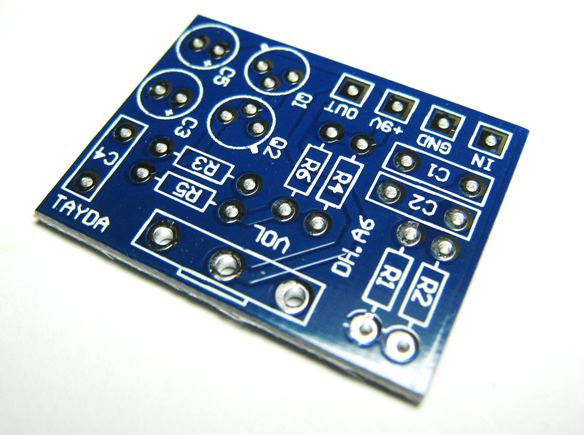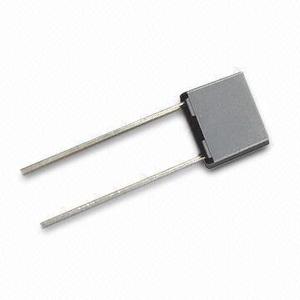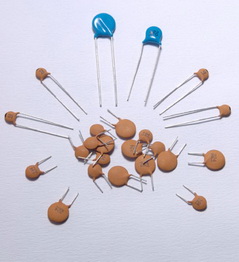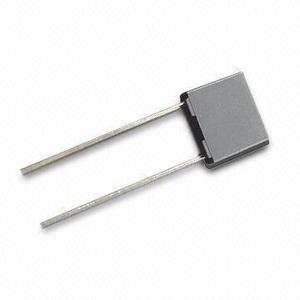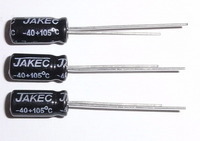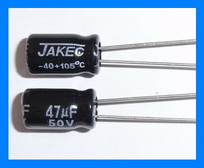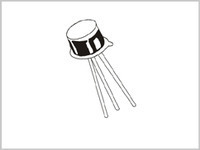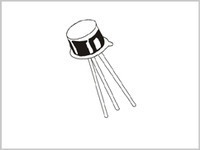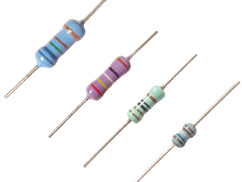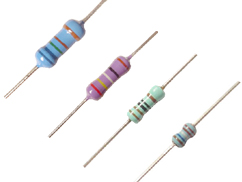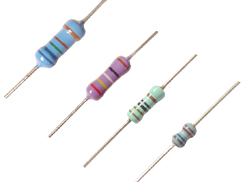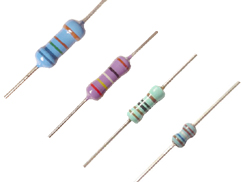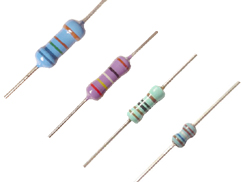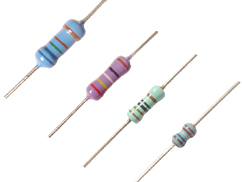One Knob Fuzz
This is the One Knob Fuzz, a high gain fuzz with a very smooth response. This classic DIY project is very easy to build and delivers a fantastic fuzz sound.Steps
Categories
Status: Active
Designators and components Step 2 of 5
COMPONENT LIST
PCB
PCB ONE KNOB FUZZ DIY PCB GUITAR EFFECT
Capacitors
C1 100n 100NF 0.1UF 100V 5% POLYESTER FILM BOX TYPE CAPACITOR
C2 220p 220PF 50V CERAMIC DISC CAPACITOR
C3 10u 10UF 50V 105C RADIAL ELECTROLYTIC CAPACITOR 5X11MM
C4 220n 220NF 0.22UF 100V 5% POLYESTER FILM BOX TYPE CAPACITOR
C5 47u 47UF 25V 105C ALUMINUM ELECTROLYTIC CAPACITOR 5X11MM PANASONIC
Transistors
Q1 BC109 BC109 BC109B NPN GENERAL PURPOSE TRANSISTOR
Q2 BC108 BC108 BC108B NPN SMALL SIGNAL TRANSISTOR
Resistors
R1 1M 1M OHM 1/4W 1% METAL FILM RESISTOR
R2 150k 150K OHM 1/4W 1% METAL FILM RESISTOR
R3 1k 1K OHM 1/4W 1% METAL FILM RESISTOR
R4 10k 10K OHM 1/4W 1% METAL FILM RESISTOR
R5 2.2k 2.2K OHM 1/4W 1% METAL FILM RESISTOR
R6 82 82 OHM 1/4W 1% METAL FILM RESISTOR
Potentiometer
VOL 500k-A 500K OHM LOGARITHMIC POTENTIOMETER
PCB
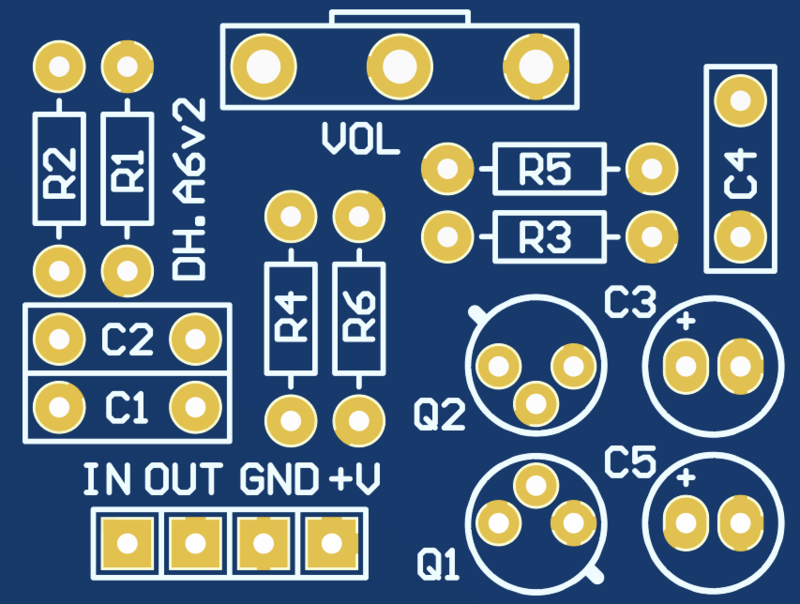
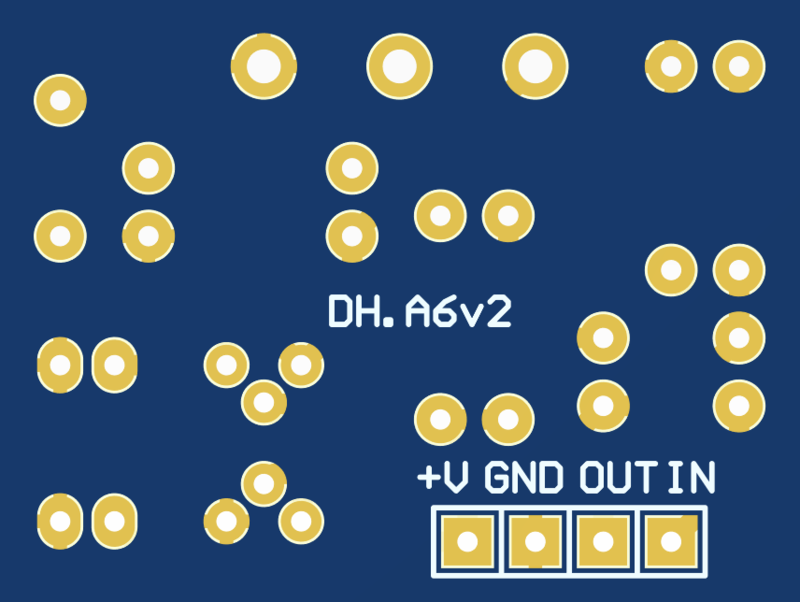
PCB SCHEMATIC
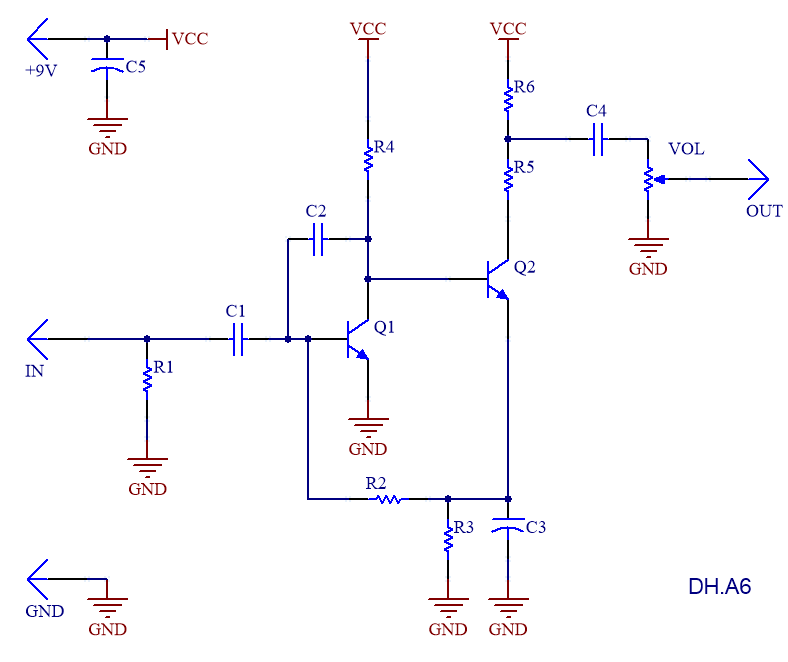
GENERAL DESCRIPTION OF COMPONENTS
Resistors
Resistors don't have polarity, so you can place them in any direction. Determine their resistance value by using a multimeter or by reading the color bands.

Electrolytic capacitors
Electrolytic capacitors have their value and maximum voltage rating printed on the body. The negative pin is indicated by a white stripe along the can, and it also has a shorter leg. The longer leg is positive. Never exceed the maximum voltage rating. Ensure the capacitor's voltage rating is at least double that of your power supply (e.g., use an 18V capacitor for a 9V power supply).
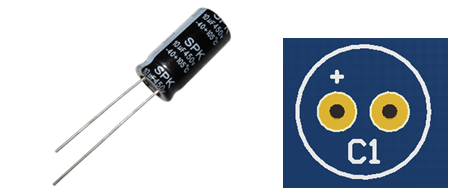
Polyester capacitors
Polyester capacitors don't have polarity and can be placed in any direction. Their value is marked using a three-number code. The first two numbers represent the first and second digits of the value, and the third number is the multiplier code (read in picofarads, pF).

Diodes
Diodes have their model number printed on them. The polarity (cathode) is indicated by a stripe or ring near one end. This ring corresponds to the polarity marking on the PCB.
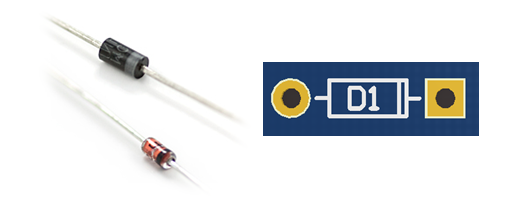
Transistors
Transistors are three-terminal components with their model number printed on them. To ensure correct orientation, one side of the transistor's body is flat while the other is curved.
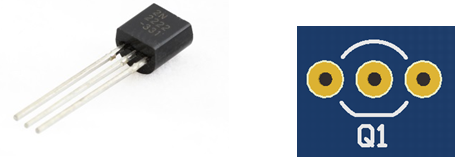
Potentiometers
Potentiometers have their resistance value marked on them. They are also marked with a letter to indicate their taper: A for logarithmic, B for linear, and C for reverse logarithmic.

